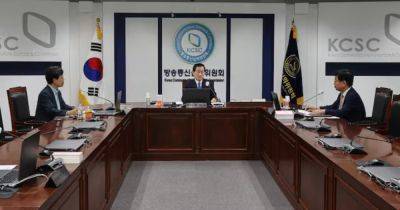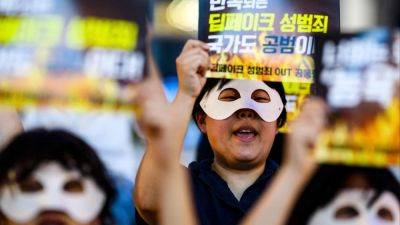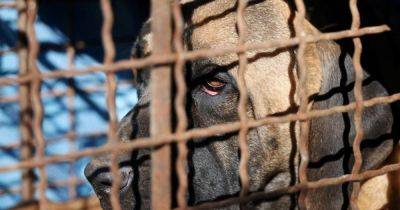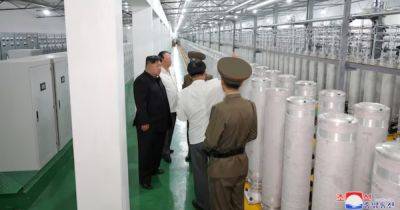South Korea to lift fees for doctors treating severe illness in strained medical system
SEOUL — South Korea will use 10 trillion won (S$9.7 billion) in health insurance funds over three years to raise fees that doctors receive for treating severe illnesses, the Health Ministry said on Sept 27, as a walkout by young doctors strains the health system.
The move will incentivise major general hospitals to focus more on treating severe, emergency or rare diseases, and is part of a push to gradually reduce dependence on trainee doctors who should focus on training, the ministry announced at a briefing.
Thousands of trainee doctors, including interns and resident doctors, walked off the job in February to protest against plans to lift medical student numbers by 2,000 a year to meet what the government projects will be a severe shortage of doctors.
Hospitals that had relied on trainee doctors across multiple medical disciplines have had to turn away patients at emergency rooms or reduce opening hours, while existing doctors have experienced heavier workloads.
Since then, the government has made a series of attempts to reduce the pressures on the medical system due to the young doctors' walkout, including deploying military doctors to assist in hospital emergency rooms, and asking the public to refrain from visiting emergency rooms with non-severe symptoms.
On Sept 27, the Health Ministry said major general hospitals providing specialised care will receive a 50 per cent increase in fees for running intensive care units and providing surgical procedures for severe illnesses such as cancer.
Driven by the move, 70 per cent of treatment at such hospitals will eventually be for severe illnesses, up from 50 per cent now, the ministry said.
South Korea denies hospital emergency rooms collapsing as army doctors deployed







